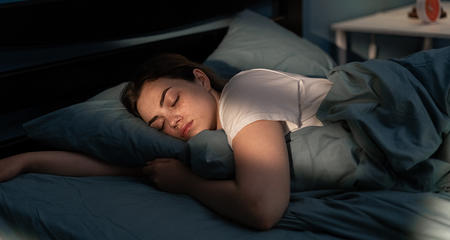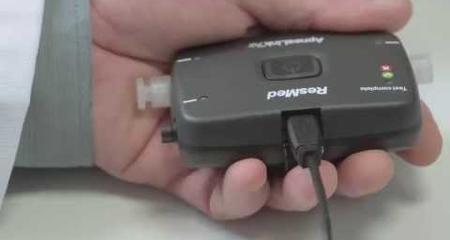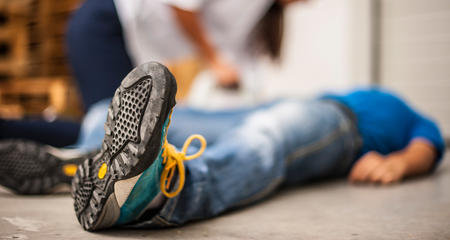 In many cases, sleep disorders are caused by a combination of factors. Our team members work together to address sleep disorders from every angle, and provide patients with a thorough diagnosis, education about their disorder, treatment options and rehabilitation. In many cases, we will recommend a sleep study.
In many cases, sleep disorders are caused by a combination of factors. Our team members work together to address sleep disorders from every angle, and provide patients with a thorough diagnosis, education about their disorder, treatment options and rehabilitation. In many cases, we will recommend a sleep study.
Sleep Disorder Symptoms
One of the most common symptoms of a sleep disorder is snoring. If you snore, you should be evaluated for potentially serious airway obstruction, especially if you have a cardiovascular disease like high blood pressure. You should also get medical attention if your partner sees you stop breathing during sleep.
Other symptoms that could point to a sleep disorder are:
- Excessive daytime irritability or grogginess
- Insomnia
- Feeling tired after 10 to 12 hours of sleep
- Several near-miss car crashes
- Excessive leg movement, or tossing and turning at night.
A sleep problem may be completely overlooked unless a physician is trained in diagnosing sleep disorders. Many people who have been treated at other sleep centers discover the difference of receiving comprehensive care at the Sleep Disorders Program. Because the program is part of an academic medical center, our sleep medicine specialists have access to the latest technology and research to get your diagnosis and treatment right.
Occupational Testing
For some workers, like long-distance truck drivers, sleep disorders can pose a serious safety threat. The Sleep Disorders Program offers performance vigilance testing to evaluate individuals for sleep-related occupational risk.
Psychological Evaluation for Sleep Disorders
People experiencing certain sleep disorders, such as insomnia, often have learned behaviors and thought patterns that prevent them from falling or staying asleep. Difficulty with falling asleep can lead to anxiety and expectations that sleep will continue to be difficult. The anxiety, in turn, can further impede sleep.
After meeting with a sleep specialist, some patients may be referred to the Sleep Disorders Program team psychologist for an evaluation. Referrals are often made when insomnia is the primary complaint. The insomnia may be related to other disorders that affect sleep such as restless legs syndrome, periodic limb movement disorder, sleep apnea or other disorders. People often develop ways to cope with their sleep problem(s) that may, in fact, make their problem worse. Through an individual evaluation, the psychologist can determine the behaviors that may hinder sleep and recommend behavior changes.


